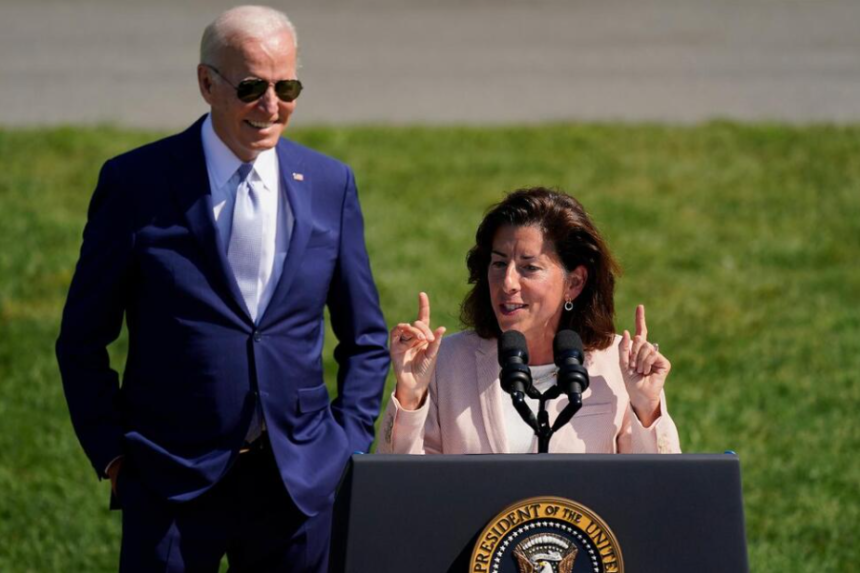The White House says President Joe Biden’s announcement of dozens of U.S. technology hubs would help towns around the country become centers of innovation important to the country’s competitiveness.
The Joe Biden administration has designated 31 technological clusters across 32 states and Puerto Rico in order to stimulate innovation and job creation in industries concentrated in these locations. President Joe Biden and Commerce Secretary Gina Raimondo will unveil the hubs on Monday at the White House. “I have to say, in my entire career in public service, I have never seen as much interest in any initiative as this one,” Raimondo said on a conference call with the media on Sunday to preview the news. According to her, her department received 400 applications.
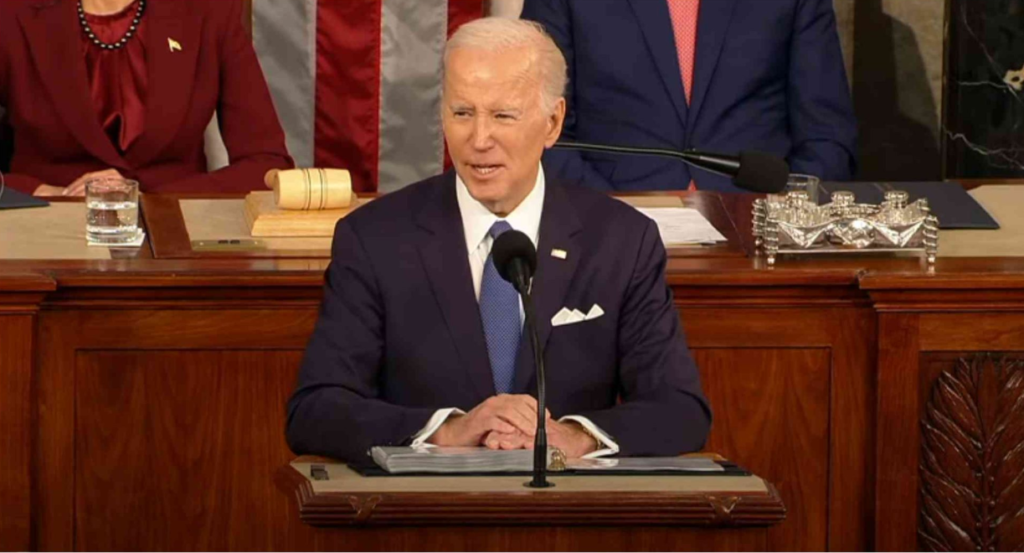
“No matter where I go or who I meet with—CEOs, governors, senators, congresspeople, university presidents—everyone wants to tell me about their application and how excited they are,” Raimondo added. The IT clusters are the product of a procedure launched by Raimondo’s department in May to allocate $500 million in subsidies to cities.
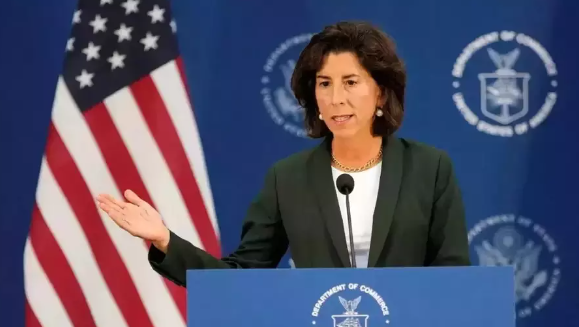
Also Read: Already, The Housing Market Was Harsh, Ugly, And Tense, The 8% Mortgage Rate Has Returned
The $500 million is part of a $10 billion allocation in last year’s CHIPS and Science Act to spur investment in innovative technologies such as artificial intelligence, quantum computing, and biotech. It’s an attempt to spread tech investment from a few U.S. hubs—Austin, Texas; Boston; New York; San Francisco; and Seattle—to the rest of the country.
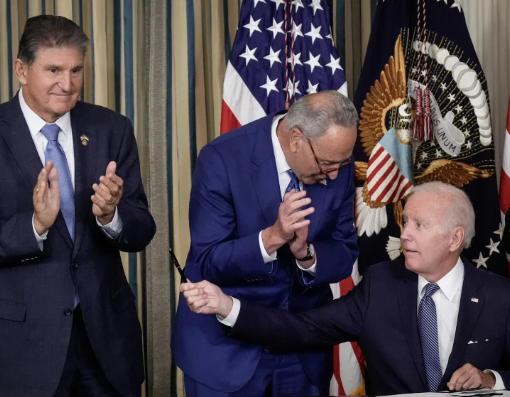
The program, technically known as the Regional Technology and Innovation Hub Program, ties into the president’s economic argument that people should be able to find good jobs close to where they live and that opportunity should be shared around the country rather than concentrated in a few places. As the Democratic president prepares to run for reelection in 2024, the White House has worked to raise that message and showcase Biden’s associated programs.
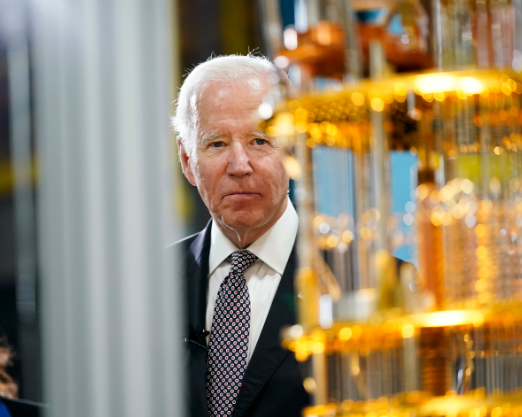
“These Tech Hubs will catalyze investment in technologies critical to economic growth, national security, and job creation, and will help communities across the country become centers of innovation critical to American competitiveness,” the White House said in an e-mailed statement on Tuesday.
The 31 tech hubs serve the following states: Oklahoma, Rhode Island, Massachusetts, Montana, Colorado, Illinois, Indiana, Wisconsin, Virginia, New Hampshire, Missouri, Kansas, Maryland, Alabama, Pennsylvania, Delaware, New Jersey, Minnesota, Louisiana, Idaho, Wyoming, South Carolina, Georgia, Florida, New York, Nevada, Missouri, Oregon, Vermont, Ohio, Maine, Washington, and Puerto Rico.
Click here to learn more about the Technology Hub.
Also Read: Chevron Will Pay $53 Billion For Hess Corp In The Second Oil Mega-Merger In As Many Weeks
image source: google







